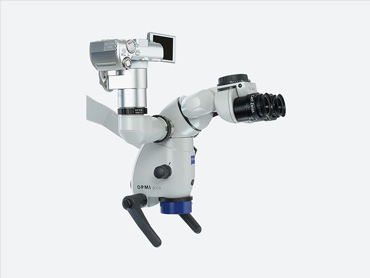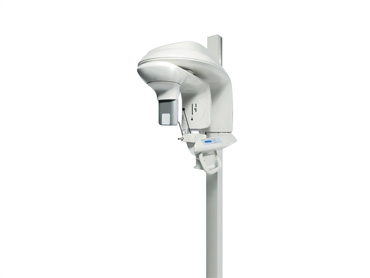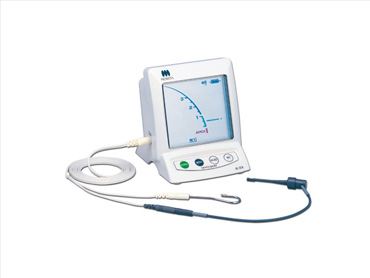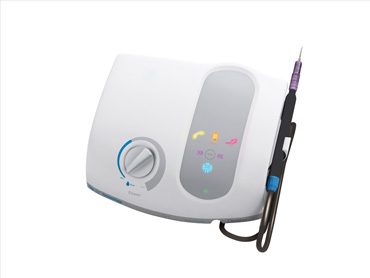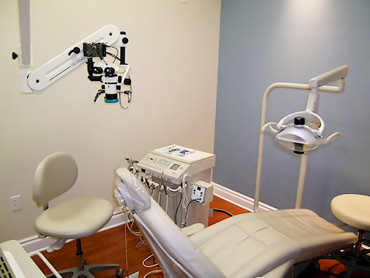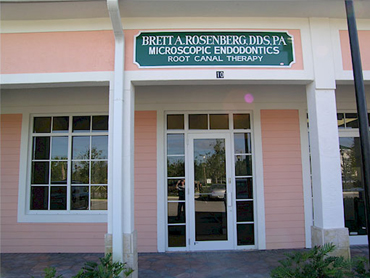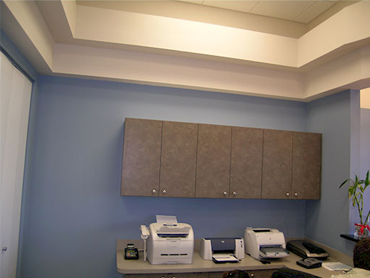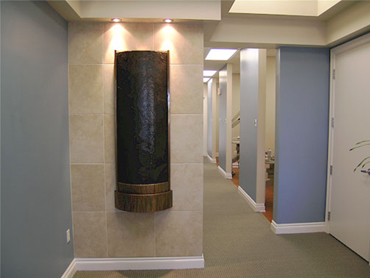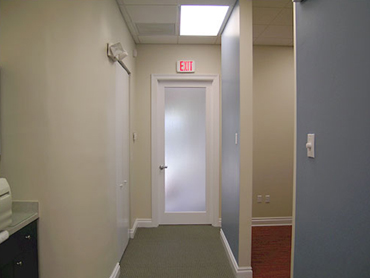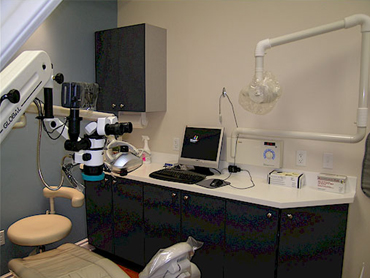Painless.
Microscopic.
Relaxing.
Friendly.
I'm Dr. Brett Rosenberg,
Specialist in pain-free
root canal therapy.

Why a boarded endodontist?
About
Microscopic Endodontics
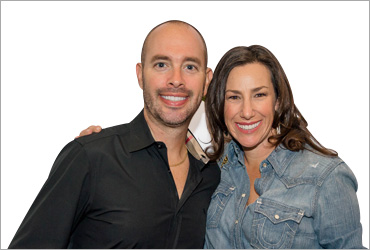
Our goal is to provide the highest quality pain-free root canal therapy in a comfortable, ultramodern environment. Each of our operatories are equipped with a Global surgical operating microscope that is used throughout each patient procedure.
We hope to make each visit a positive, comfortable, and safe experience where you feel valued, cared for and appreciated.
We strive to provide the highest level of safety and infection control for your personal protection.
Link to my literature.
Dental
SERVICES
Meet
Dr. Rosenberg
Take a look at
OUR TECHNOLOGY
Frequently Asked Questions
Feel free to
CONTACT ME
Phone number
561-575-4556


